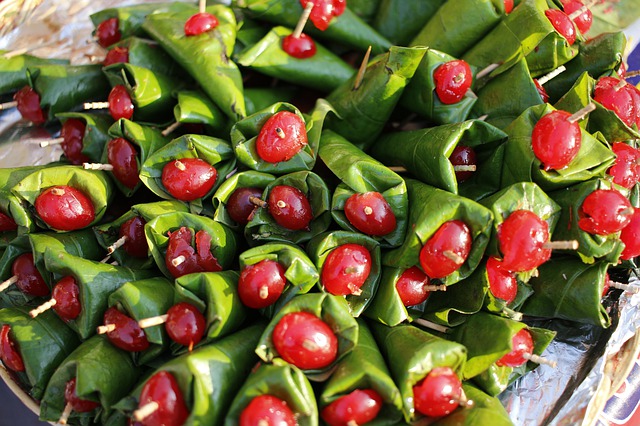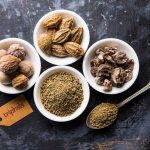
Paan or Betel leaf is a favorite thing to chew in India. Some Indians are habituated to eat paan after lunch. It has a soothing flavor and aroma and works as a mouth freshener. Eating paan after lunch is a kind of luxury and a part of Indian culture and customs. Betel leaf is also used in several rituals on auspicious occasions. This magical leaf from Ayurveda has so many medicinal properties that we bet you didn’t know.
Betel leaf improves digestion. Betel leaf chewing needs lots of effort, which works as an exercise for your salivary gland. They also prevent oral cancer by maintaining the levels of ascorbic acid (anti-oxidant). Despite this, some bacteria in our mouth causes bad breath. Chewing betel leaves destroys all the bad bacteria and works as a mouth-freshener. It helps maintain oral hygiene.
The anti-diabetic properties of betel leaves control blood sugar levels. If you eat paan, its gastro-protective characteristic prevents gastric ulcers. In the Ayurvedic era, betel leaves were used as Ayurveda medicine to treat scars and wounds.
Betel leaves are also known as a cough reliever and work fast on removing mucus from the chest. Even, anyone suffering from constipation may consider chewing betel leaves for effective results.
Talking about its significance, the betel leaf Ayurveda ingredient is the symbol of prosperity, loyalty, and a strong bond. Hindus offer betel leaves with a coin, a betel nut, and rice to God and as Dakshina to the priest. Try normal or masala (spicy) paan for a delightful experience and get betel leaf benefits along.
For more on the benefits of paan leaves visit: https://healthylife.werindia.com/your-road-to-healthy-life/benefits-of-eating-mouth-fresheners-and-paan
Feature Image Credit: Image by Satinder Singh Chugh from Pixabay (free for commercial use)




